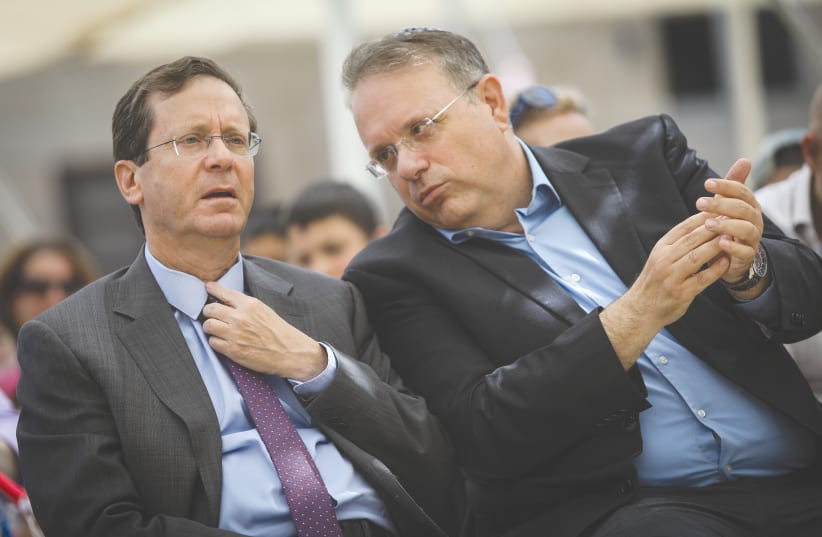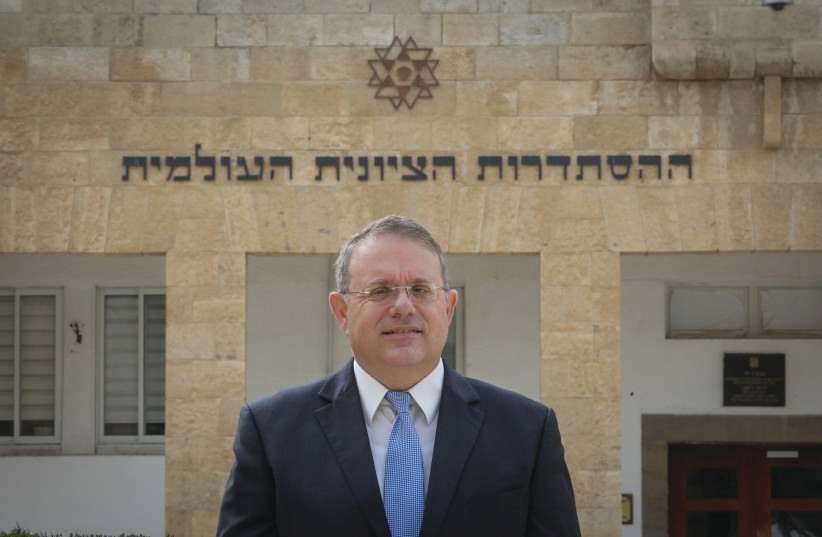Rabbi Pesach Lerner’s recent opinion piece about “American-style liberal Judaism” calls for a response. To no one’s surprise, Rabbi Lerner rejects the existence of “pluralism” within Judaism, attempting to rebut Dr. Yizhar Hess, a prominent attorney and deputy chair of the WZO.
On the other hand, many Jewish sources which favor unity are opposed to uniformity. Bemidbar Rabbah (13:15,16) for example, affirms that “there are 70 faces to the Torah.” For extensive documentation of an alternative to the Lerner position, I recommend “Is Judaism Really In Favor of Pluralism and Tolerance” by Rabbi David Golinkin, president of the Schechter Institute in Jerusalem. Yes, Conservative, Reform and Orthodox leaders disagree about matters of ideology. There is no worldwide board of rabbis that calls upon all of us to reach a consensus.
What is both surprising and disturbing is that Rabbi Lerner’s article is not befitting a leader within the wall-to-wall coalition of the WZO. Rabbi Lerner is the founder and chairman of the Eretz Hakodesh Party. Eretz Hakodesh becoming a member of the American Zionist Movement and the World Zionist Organization was not without requirements. It meant an affirmation of “The Jerusalem Program,” a commitment to Zionism and to Jewish Peoplehood. The Jerusalem Program demands “mutual respect for the multi-faceted Jewish people.” This means overlooking ideological differences among dozens of Zionist groups [AZM has 39], as we collaborate on behalf of Medinat Yisrael. Each group is enjoined to encourage contributions to the Jewish state by those with whom in other settings we might disagree.
Instead of applauding AZM and WZO colleagues, Rabbi Lerner belittles the Zionist commitment of non-Orthodox Jewish movements by calling attention to non-Zionist outliers in their ranks. How sad! As president of Mercaz Olami, I am well aware of the overall grassroots pro-Zionist attitudes among our “Amcha.” The 2020 Pew Survey documents that 93% of Conservative Jews in the US feel “a responsibility to help Jews in need.” In addition, 78% feel “emotionally attached to Israel,” 77% feel “a commonality with Israeli Jews,” 75% follow news about Israel, 66% regard “caring about Israel” as “essential” or “important,” and 59% have been to Israel.
These pro-Israel attitudes have translated into Zionist action as well. Conservative congregation delegations and Conservative rabbis comprise the largest “stream” present at the AIPAC Policy Conference. Conservative synagogue members are pivotal to the success of UJA, JNF, Israel Bonds and many of the other pro-Israel organizations. Conservative Young Single adults comprise nearly half of American lone soldiers. NATIV, USY’s MASA Israel year-long program, reports that 96% of alumni become involved in Jewish organizational life on campus, 77% with leadership positions, while 16% make aliyah. Per capita, the Ramah camps produce more olim than any other American Jewish summer camps.
In conclusion, we applaud all AZM and WZO member groups for their commitment to Israel. Rabbi Lerner, we praise Orthodox Jews who proudly sing “Hatikva,” serve in the IDF, go on aliyah, and who are philanthropically supportive of Israeli causes. So too do we praise the Israel commitments of Reform Jews, of secular Jews, of Jews engaged with global affiliates of Knesset political parties. By standing together on behalf of Zionism and of Jewish peoplehood, we strengthen the national institutions and one another, even if we disagree on matters of religious ideology.
The writer, a rabbi, is the president of Mercaz Olami, the Zionist organization of the world Masorti/Conservative Movement, and a past president of the International Rabbinical Assembly of the Conservative Movement.

